Oil price posts two-year highs - but how long can it last?
Brent rose above $59 a barrel this week, its best third-quarter showing since 2004

A free daily email with the biggest news stories of the day – and the best features from TheWeek.com
You are now subscribed
Your newsletter sign-up was successful
Oil price fails to hold gain as Opec output jumps
11 August
At one point yesterday the oil price was trading at its highest levels for 11 weeks since May, with Brent crude, the international price benchmark, above $53.60 a barrel.
By the end of the day the price was down around 1.5 per cent as traders honed in on an admission from the Opec cartel than its output has risen markedly.
The Week
Escape your echo chamber. Get the facts behind the news, plus analysis from multiple perspectives.

Sign up for The Week's Free Newsletters
From our morning news briefing to a weekly Good News Newsletter, get the best of The Week delivered directly to your inbox.
From our morning news briefing to a weekly Good News Newsletter, get the best of The Week delivered directly to your inbox.
Brent crude was down 0.6 per cent this lunchtime at $51.60 a barrel. Its US counterpart, West Texas Intermediate, was down 0.7 per cent for the day at $48.25 a barrel.
The trigger for both the initial surge and the sharp reversal appears to be Opec's latest monthly report.
It claims that demand for the cartel's oil is rising and will average 32.4 million barrels per day next year, around 200,000 barrels more than it previously predicted, says the Financial Times.
This boosted sentiment that was already high after a report showed crude oil inventories were falling in the US last week.
A free daily email with the biggest news stories of the day – and the best features from TheWeek.com
The Opec report also shows that Opec's output jumped in July to 32.9 million barrels per day. That's 400,000 barrels more than a pledged output cap and 173,000 barrels more than in June, thanks to rising production in Nigeria and Libya.
Both countries were exempted from the supply deal that runs to next March, although Nigeria has recently agreed to a cap at around 200,000 barrels a day above current levels.
This, combined with rising output from US shale oil that could take the country's overall production above ten million barrels per day next year, has persuaded analysts and traders that the issue of oversupply is still very prevalent.
"The bigger picture – namely continued production growth – remains unchanged," says Carsten Fritsch at Commerzbank.
Oil prices 'will fall this quarter and then recover to $54'
07 August
Oil prices will fall in the current quarter ending in September but will then recover, according to Barclays analysts.
Brent crude, the international oil price benchmark, spent much of June and July below $50 a barrel before surging above that key threshold at the end of July on the back of an extension to the cuts agreed by Opec, Russia and other producers.
It has been around the $52 mark since Nigeria, which had been exempt from that deal, agreed to cap its own rising production at 200,000 barrels a day above where it is now.
However, Barclays believe the rally was overdone and that the usual seasonal demand drop will undermine prices, says CNBC.
"Certain factors that supported prices in July are unlikely to last, and we expect a downward correction during this quarter," analysts said in a note.
"Fundamentals remain shaky this quarter, therefore any rally that occurs before more substantive inventory draws would be short-lived."
They add, however, that if the Opec deal holds - and given the crisis in Venezuela, which could hit its output - oil prices will rise to $54 a barrel in the fourth quarter.
Helima Croft of RBC Capital Markets said there was a "very high probability" that Venezuela's state oil company will default, which could see crude prices jump as high as $70 to $80.
Today, the oil price is moving sideways ahead of an Opec meeting that could bring Libya, the other country exempted from the cuts, into the deal.
Barnabas Gan, an economist at Singapore-based OCBC, told Market Watch there was a “mix of optimism, and perhaps sustained hope, that more compliance can be achieved” at the meeting in Abu Dhabi.
Brent was down 0.4 per cent to $52.20 a barrel at the time of writing.
Oil price 'will remain between $45 and $55' next year
1 August
Oil prices will remain in their current range and trade between $45 and $55 a barrel throughout the rest of this year and next, BP's finance chief has said.
Speaking to Reuters this morning after the company published its latest quarterly results, Brian Gilvary said it was clear "where the price elasticity is".
He said: "As the price comes up to $52 to $53 a barrel, we start to see some uptick in activity; as it drops to $45, we start to see that curtailing.
"For 2018, something around $45 to $55 a barrel is probably a good range."
Gilvary's comments reflect sentiment in the market that is caught between cuts to production by the likes of Opec and Russia and nimble US shale production that is profitable at around $50 a barrel.
The market is burdened with a huge overhang from three years of excess production and the oil price is still only around half of its pre-summer 2014 level, when it crashed.
Brent crude, the international oil price benchmark, fell from two-month highs today, dropping 1.4 per cent to around $52 a barrel after a report showed Opec output rose in July.
However, that is still markedly higher than price levels in the $40s that persisted for most of the past two months. According to Reuters, Brent averaged $51.71 in the first half of the year.
BP also managed to beat analyst expectations with its results for the three months to the end of June.
Although one-off costs reduced profits to $684m (£517m) from $1.5bn (£1.1bn) in the first quarter, this was well above analyst expectations of $500m (£378m), says the Daily Telegraph.
-
 The ‘ravenous’ demand for Cornish minerals
The ‘ravenous’ demand for Cornish mineralsUnder the Radar Growing need for critical minerals to power tech has intensified ‘appetite’ for lithium, which could be a ‘huge boon’ for local economy
-
 Why are election experts taking Trump’s midterm threats seriously?
Why are election experts taking Trump’s midterm threats seriously?IN THE SPOTLIGHT As the president muses about polling place deployments and a centralized electoral system aimed at one-party control, lawmakers are taking this administration at its word
-
 ‘Restaurateurs have become millionaires’
‘Restaurateurs have become millionaires’Instant Opinion Opinion, comment and editorials of the day
-
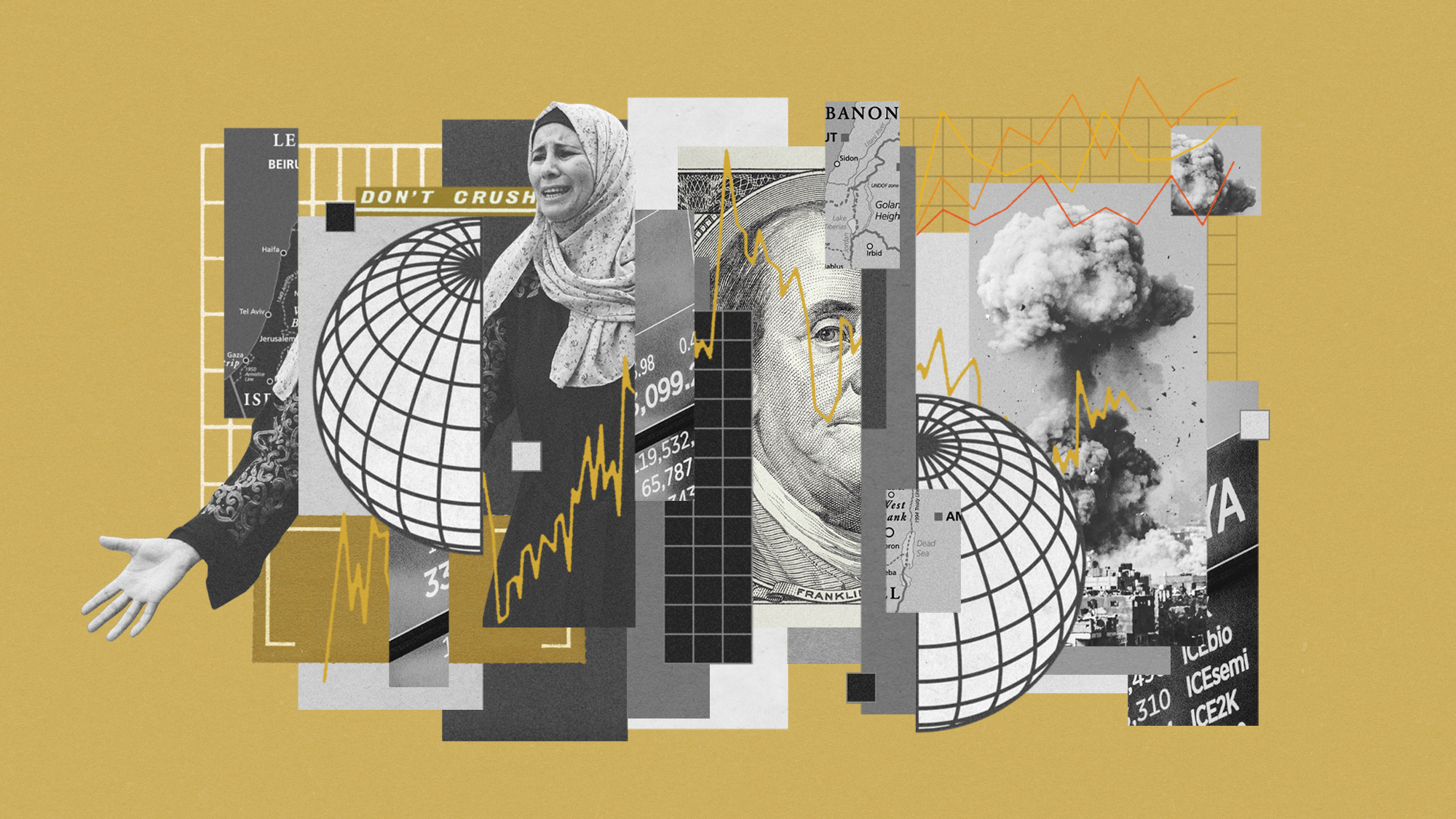 How might the Israel-Hamas war affect the global economy?
How might the Israel-Hamas war affect the global economy?Today's Big Question Regional escalation could send oil prices and inflation sky-high, sparking a worldwide recession
-
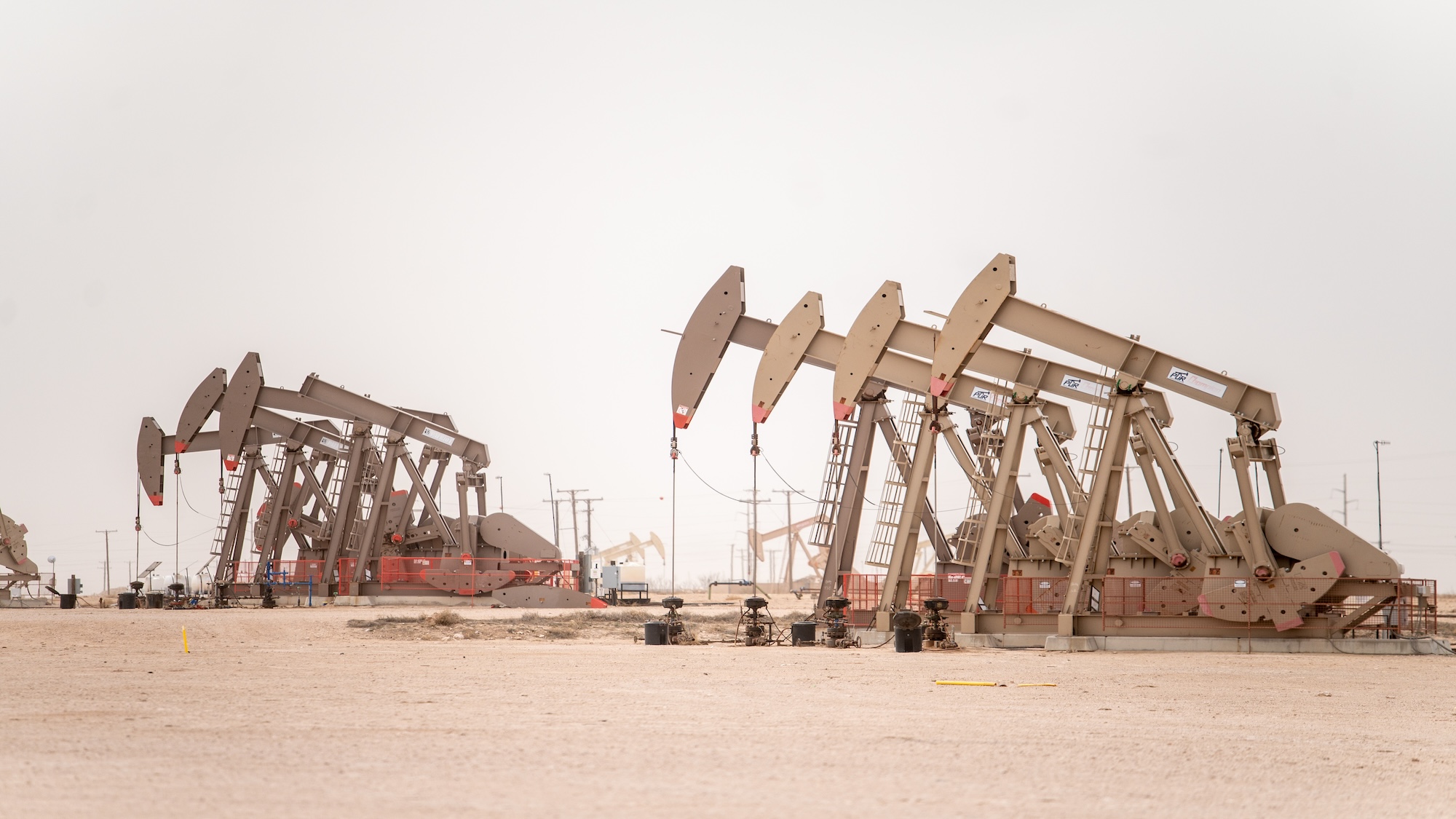 Recent mega-mergers could signal a turning point for the US oil industry
Recent mega-mergers could signal a turning point for the US oil industryTalking Point Both Chevron and Exxon have recently spent billions to acquire smaller oil companies
-
 Has Saudi Arabia lost control of oil prices?
Has Saudi Arabia lost control of oil prices?Today's Big Question Kingdom goes it alone to cut production, risking tension with US and reigniting cooling inflation in Europe
-
 US angered by Opec+ oil cut
US angered by Opec+ oil cutSpeed Read Energy prices to rise further as producers slash supply by two million barrels a day
-
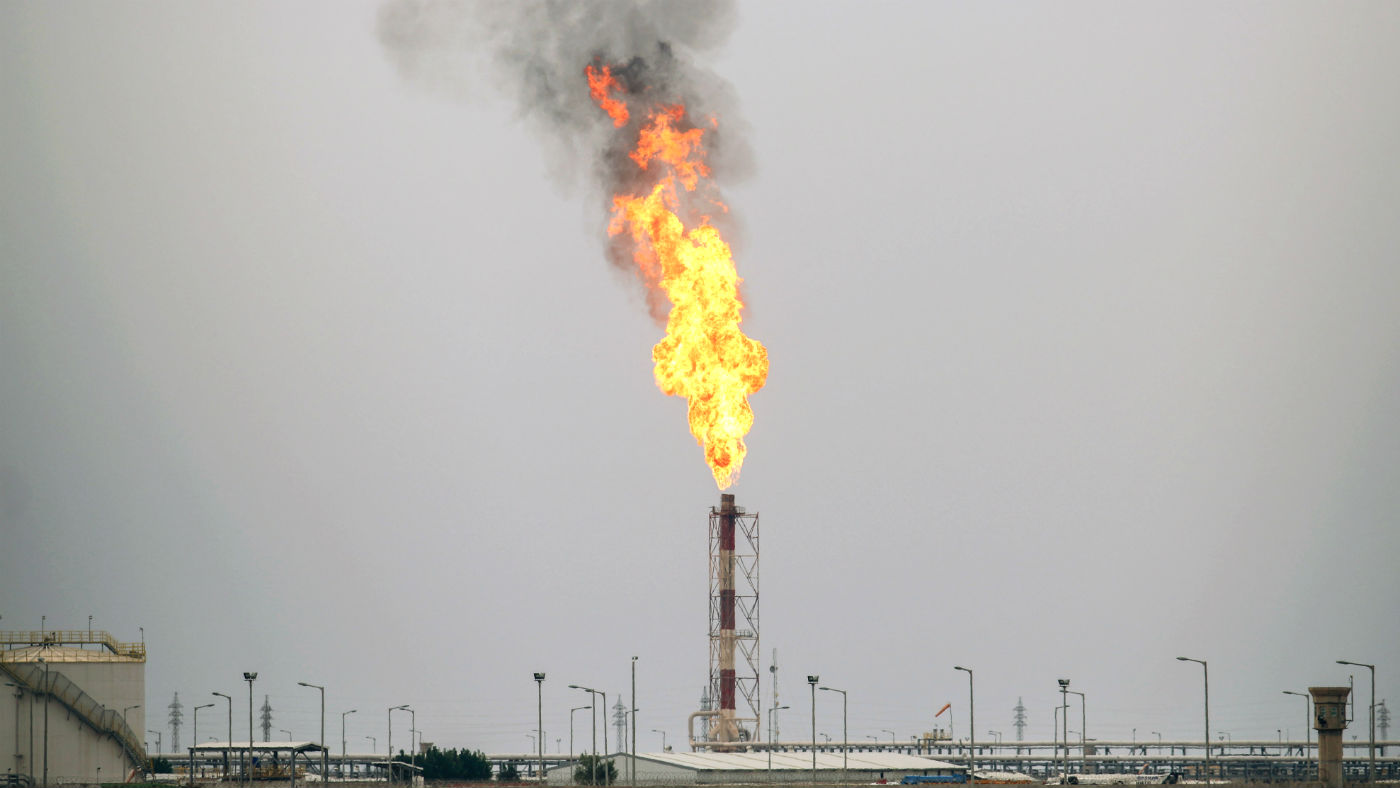 Global oil demand forecast lowered for 2020 and 2021
Global oil demand forecast lowered for 2020 and 2021Speed Read IEA report says jet fuel demand remains the major source of weakness
-
 Are US-Iran tensions flaring again?
Are US-Iran tensions flaring again?In Depth Trump threatens military action over Twitter
-
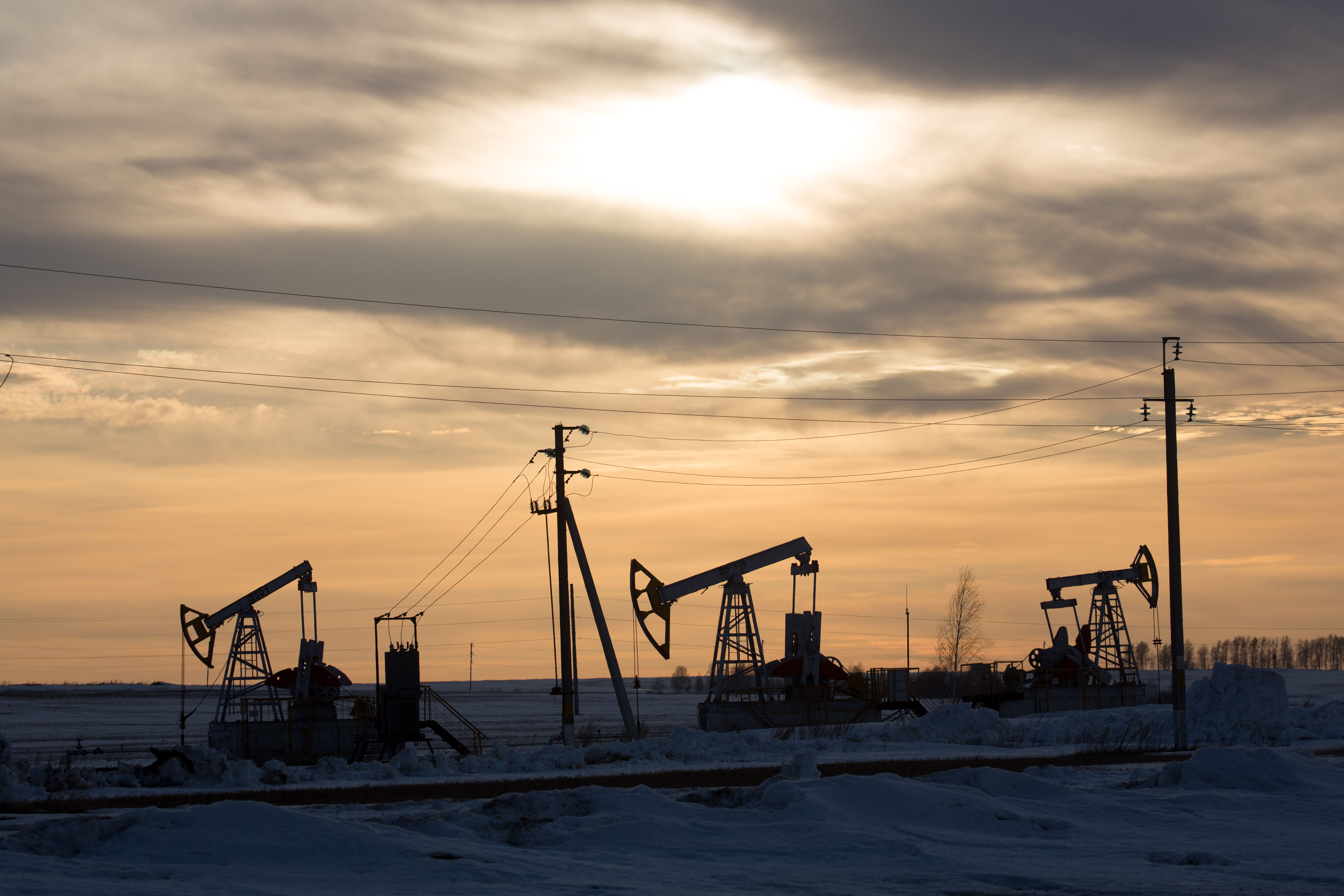 Can a deal be struck to raise oil prices?
Can a deal be struck to raise oil prices?In Depth Opec+ will convene today over video link in a bid to boost crude
-
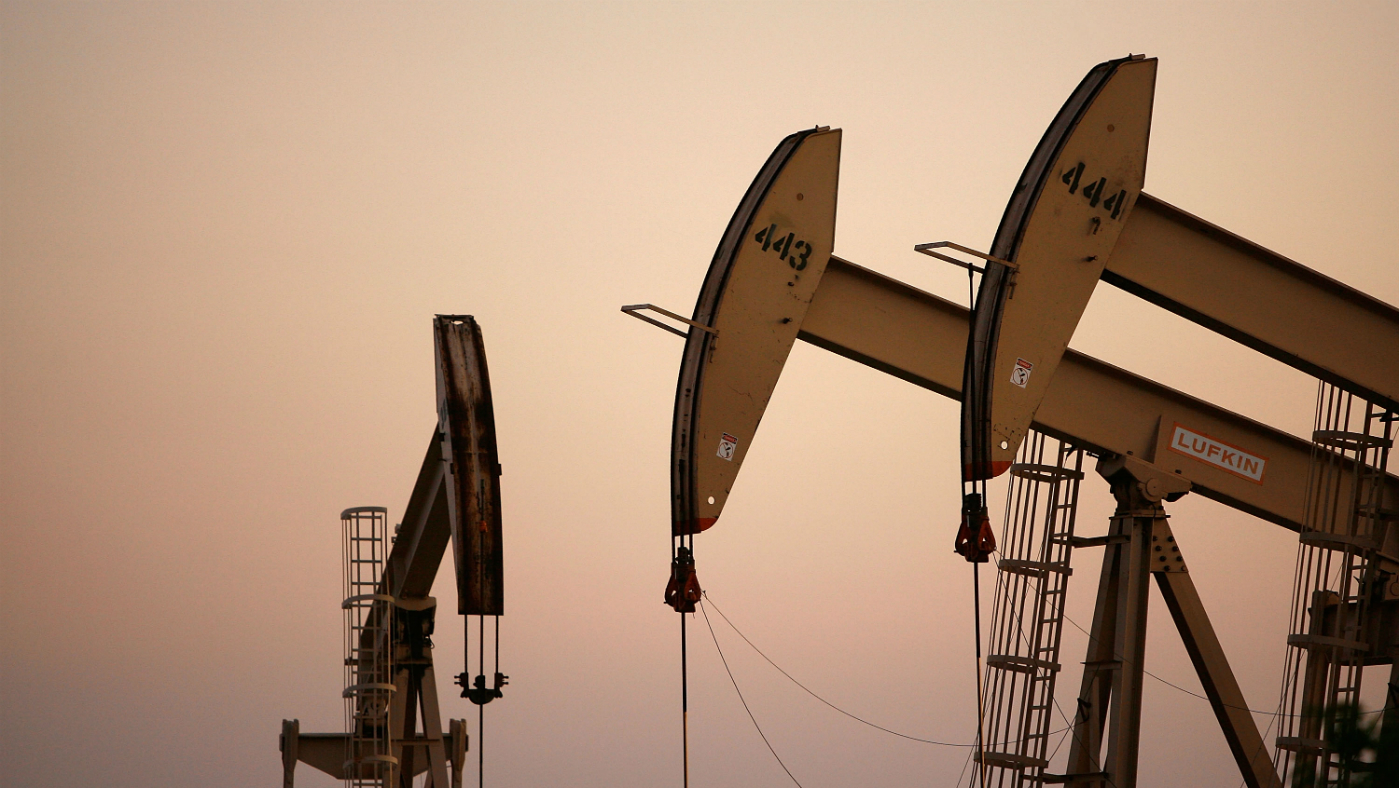 What do negative oil prices mean?
What do negative oil prices mean?In Depth Perfect storm of oversupply and storage shortages sees producers paying to get rid of US crude